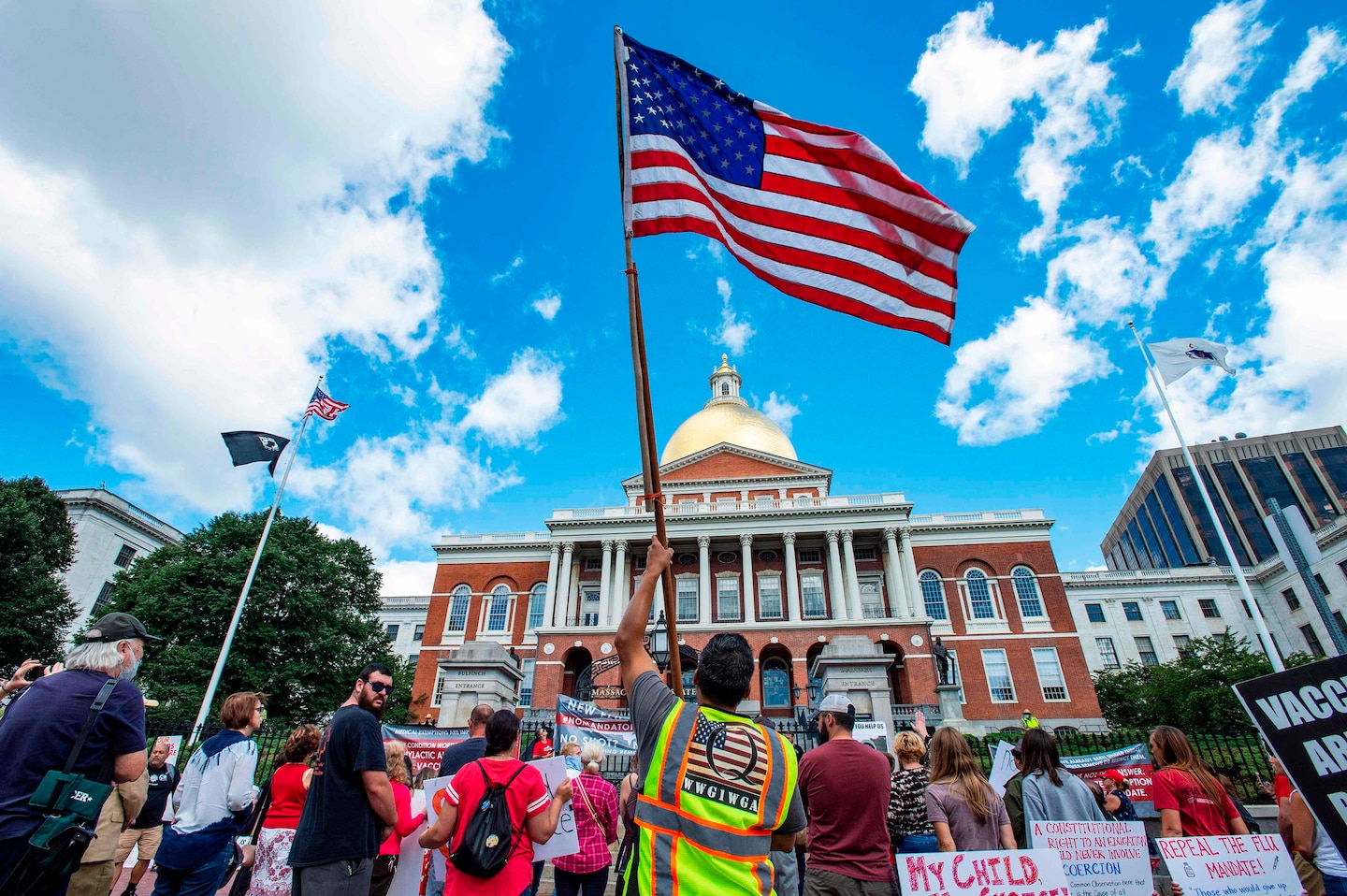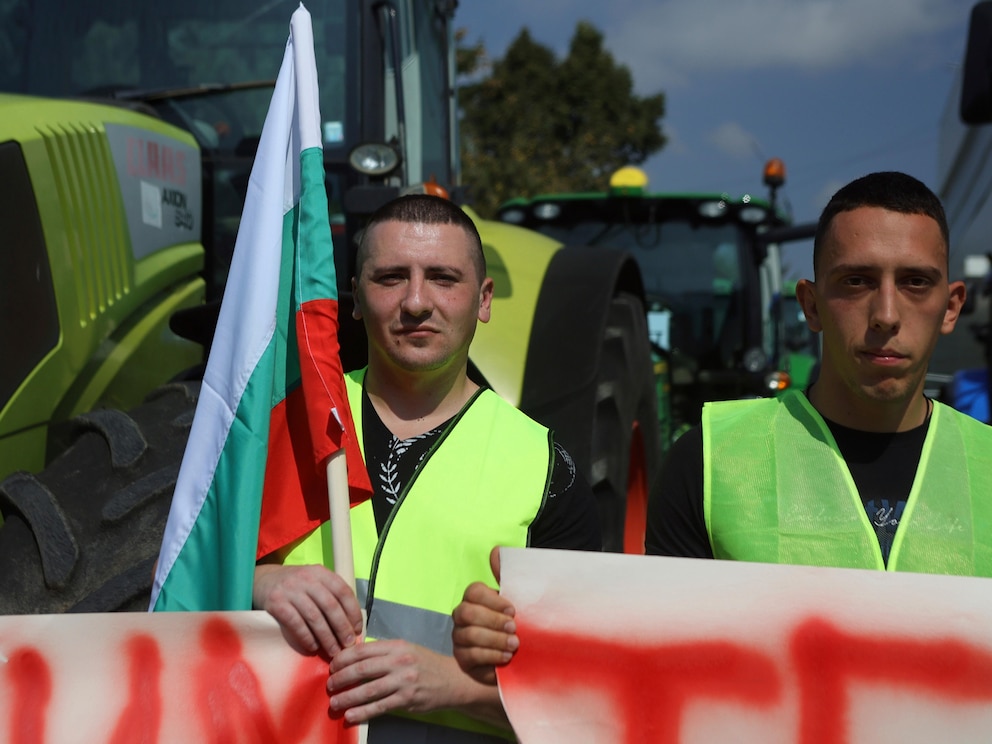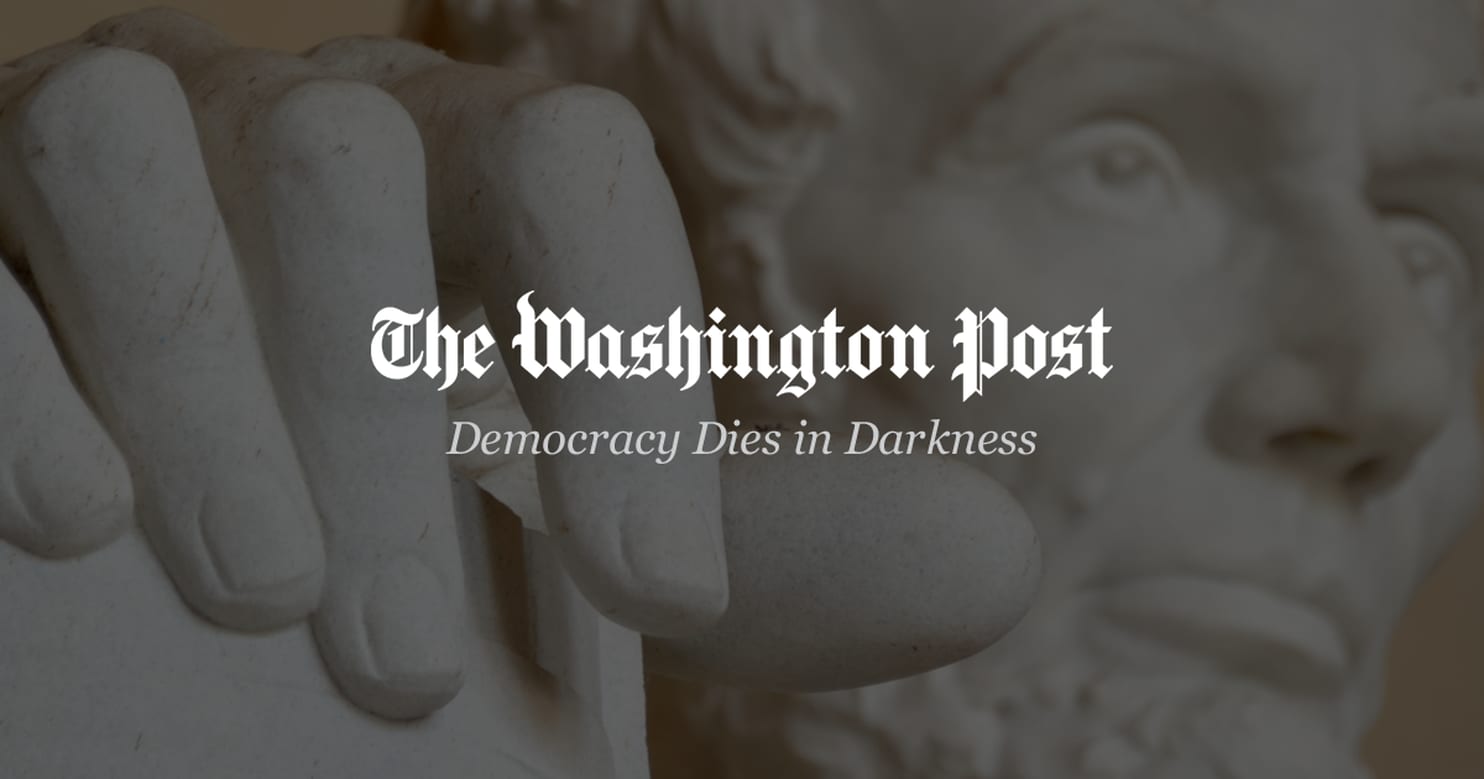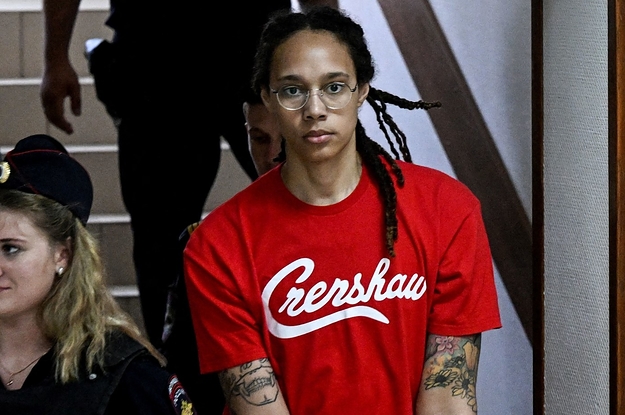Why coronavirus vaccine nationalism is winning

The fragmented forces of vaccine nationalism won another victory this week: U.S. officials told The Washington Post that the United States would not participate in the Covid-19 Vaccines Global Access (Covax) Facility, a global effort to help develop and distribute a coronavirus vaccine backed by the World Health Organization.
The U.S. absence is a major blow for a project seeking to overcome unequal access to immunization. More than 170 countries are in talks to participate in Covax. Germany, Japan and the European Commission, the executive arm of the European Union, have backed it.
But America is not alone in going it alone. Following the U.S. example, many other countries are pursuing unilateral plans, focused on producing a vaccine for priority use or buying up potential vaccines from other nations.
White House spokesman Judd Deere said Tuesday the United States would not be “constrained by multilateral organizations influenced by the corrupt World Health Organization and China.” Instead, the Trump administration has doubled down on Operation Warp Speed, its multibillion-dollar effort to administer a domestic vaccine as early as the fall.
In China, where the People’s Liberation Army has played a central role in the development of vaccines, Foreign Ministry spokeswoman Hua Chunying said Wednesday that Beijing supported the aims of Covax and would coordinate with it. But she stopped short of making a commitment to the project.
It’s worth considering why vaccine nationalism seems to be winning. Cooperative, international efforts are not famous for finding speedy solutions. Some countries probably reason that they could join Covax later if it succeeds.
And if a country develops a working vaccine domestically or preemptively buys up millions of doses, it gets first access. For some wealthy nations, the benefits outweigh the risks or moral problems.
The United States has already invested $10 billion in candidate vaccines, according to Health and Human Services Secretary Alex Azar, a relative bargain compared to the trillions of dollars spent on financial bailouts so far, and one with the potential to affect the dynamics of the upcoming presidential election.
If a country can develop a vaccine, it also has the opportunity to distribute it. For China, the initial epicenter of the pandemic, it would be a chance to restore global standing. The same could be argued for Russia and the United States, both run by leaders who are unpopular globally.
Some nations may struggle to navigate this rocky geopolitical terrain. Mexico, for example, is pushing ahead with a plan to not only cooperate with the Covax program, but to ally itself with programs in foreign nations from Cuba to France, Deputy Foreign Minister Martha Delgado told Reuters.
By some reckonings, the vaccine rivalry is healthy, perhaps even ideal. “Competition between nations has, historically, often driven innovation. That was certainly true of the Cold War space race. Or the scientific breakthroughs — from radar to rockets — of World War II,” Matthew Lynn wrote for the Spectator this week.
Most who study vaccines do not share this view. The space race may have led to “one giant leap for mankind” on the Moon, but few forget that the astronaut who took the step was American. It’s not hard to see how poorer nations could be left behind in the vaccine race, too.
The supply problems have only begun. “Vaccine supply chains contain some unusual links, including horseshoe crab blood, shark liver oil and an enzyme that’s one of the world’s most expensive products,” economists Scott Duke Kominers and Alex Tabarrok wrote for Bloomberg last month. “Other links rely on novel manufacturing processes that have not yet been implemented at scale.”
Immunization programs have a mixed success rate. Smallpox was eradicated with the help of a successful vaccine, but polio and measles still linger despite working vaccines. The huge number of cases globally and the “novel” nature of the coronavirus would complicate eradication efforts. Rushed, potentially faulty vaccines would have the potential to strengthen anti-vaccination movements.
Covax is one hope for dealing with some of these problems, but an imperfect one. It requires wealthy nations to put up about $18 billion in purchases for about a dozen experimental vaccines, with the aim to ensure first access for the world’s most vulnerable. Under the plan, nations could still make bilateral deals if they wanted to.
But the United States and others still rejected the plan, essentially betting on Operation Warp Speed or other national measures. In an interview this month with IAVI Report, a scientific magazine on virus research, vaccine expert Seth Berkley, the chief executive of GAVI and one of the backers of Covax, said he worried about a world in which governments provide vaccines for their own people alone.
“If you have massive outbreaks of virus circulating, adapting to humans, mutating, and then spreading, you’re never going to solve this,” he said.
Sahred From Source link World News



